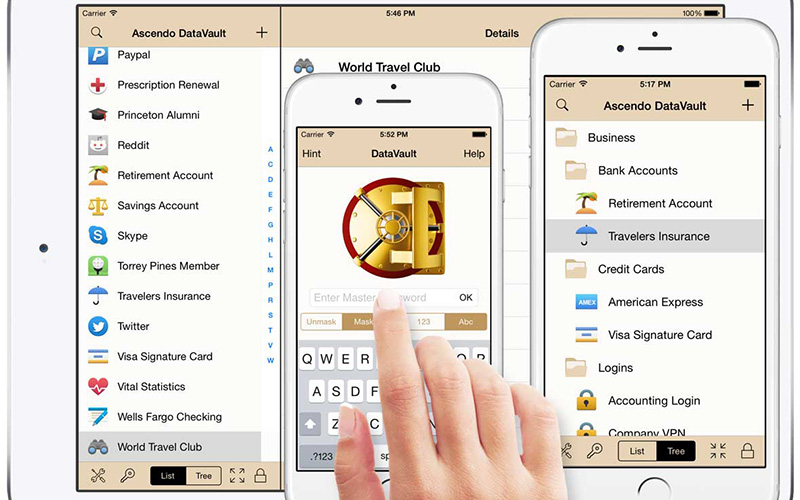3 Easy Ways to Enhance Your Cloud’s Security

Cloud servers are essential for data storage. They host information and applications for clients ranging from high-ranking organizations to individual clients. As cloud servers are affordable and accessible methods of storage, 90% of companies worldwide prefer them.
For many, the biggest concern when choosing a cloud server is its perceived insecurity. This is because hackers and identity thieves can access valuable and personal information by bypassing weak firewalls. Here are three easy ways you can ensure that your cloud server is secure and your data is safe:
1. Choosing a Trustworthy Cloud
When picking a high-security cloud, always go for cloud service providers that have a good customer base. You can validate this by reviewing customer feedback and doing background research on the parent company which owns the cloud service.
Popular cloud service providers are more likely to be secure due to being verified and globally recognized. AWS, for example, is the gold standard of cloud servers. Google Cloud, AWS, and Microsoft Azure are three cloud providers that dominate the world market and are reliable in terms of security. These offer an extensive catalog of services and ensure safety. A fake cloud server might look legitimate to scam customers. Spending on popular and widely-used clouds is better than on unrecognized ones.
2. Monitor and Check User Access Frequently
Many times, problems in cloud storage occur because of security loopholes on the part of the user. Human errors, mishandling, and poor management of cloud storage can contribute to these problems. Unauthorized intrusion can also lead to manipulation and damage of data stored.
To overcome this problem, you should monitor access to the cloud by performing routine checks. Access rights should be part of company policies if the cloud hosts vital information in the organization. It should be made sure that the owner of the information trusts anyone who is given access to cloud storage. If the information is given to a third party or a lower-level employee, a trusted manager needs to oversee the distribution of that information. This way, you can protect against data breach risks.
3. Research Your Cloud’s Framework
A great way to confirm that your cloud is secure and reliable is by going through the framework of that cloud provider service and verifying that it complies with the shared responsibility model. This way, you can become well-acquainted with the security measures you and the service provider have to ensure. An example is how Google Cloud uses SSL certificates, ensuring data security and privacy during load balancing. Your cloud should comply with the shared responsibility model.
Make sure that the SaaS providers do not generate your encrypted keys in un-encrypted servers and are not in charge of them. Otherwise, you risk giving them more power over your cloud storage.
Endnote
It is essential that, as a cloud user, you do not overlook basic security measures that you have control over. Make sure that you have strong passwords and use multi-factor authentication. If you are using the cloud for your organization, you can use passphrases instead of passwords to add more security since they are harder to guess.
Whenever you’re deleting data, make sure it is completely removed and not stored elsewhere. Carelessness in this regard can cause valuable, confidential information to fall into the hands of unauthorized personnel. Lastly, to deal with any incident of accidental data loss, make sure that you regularly backup all information on your cloud.




